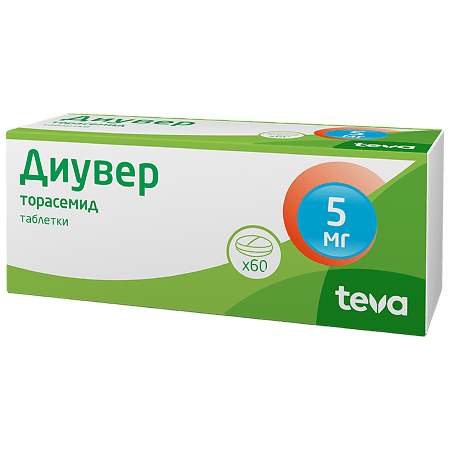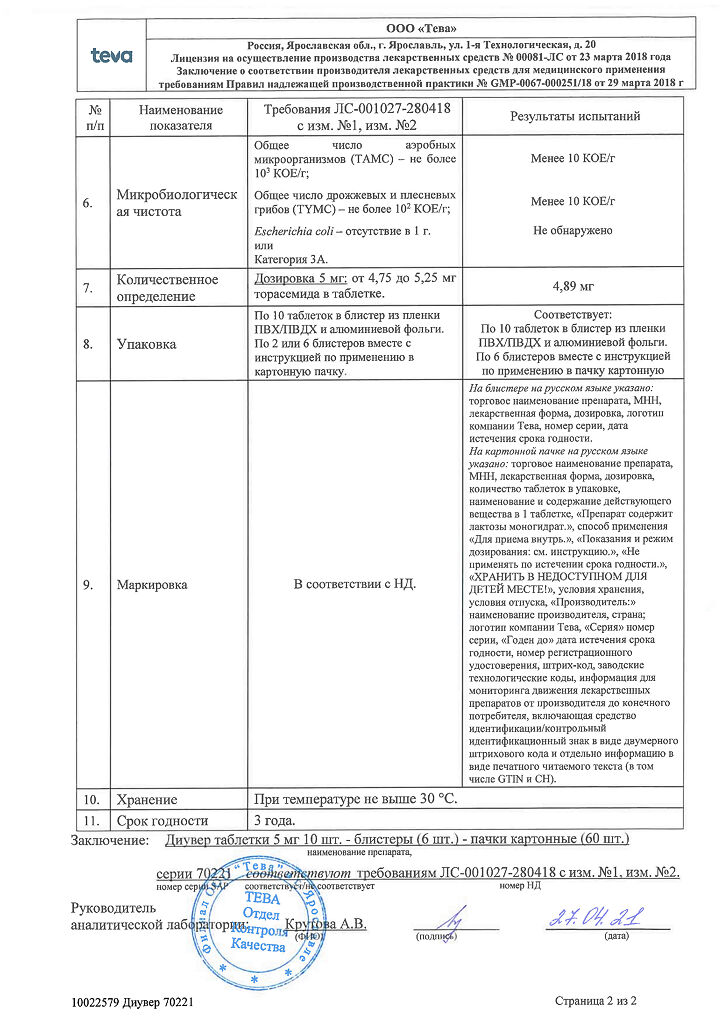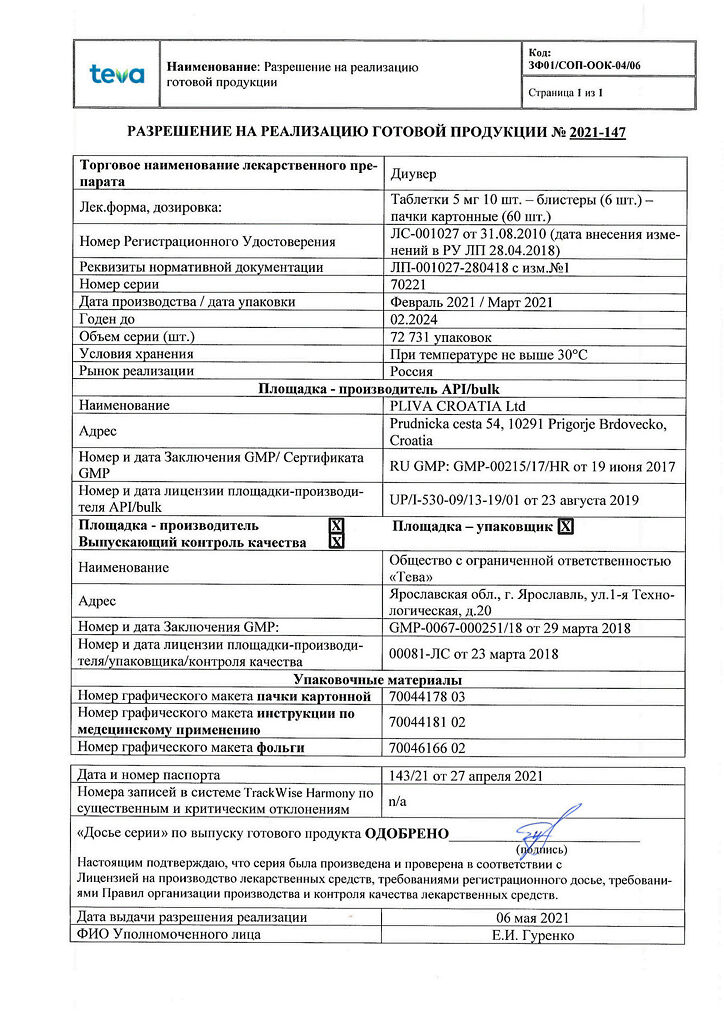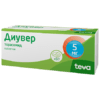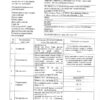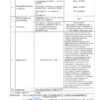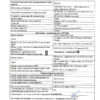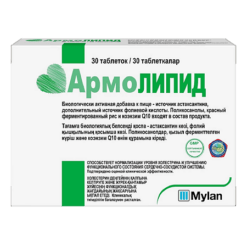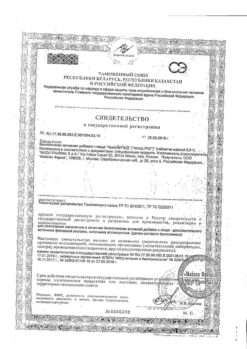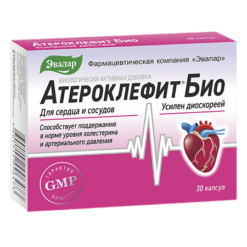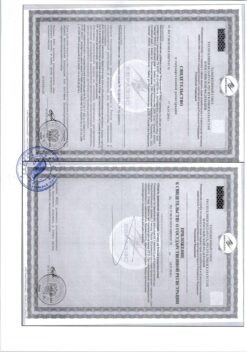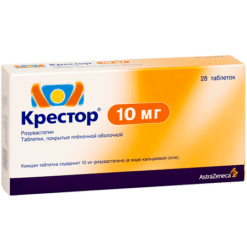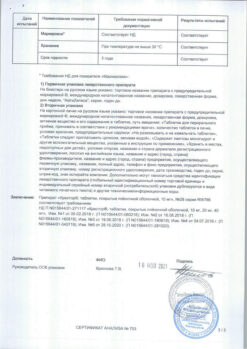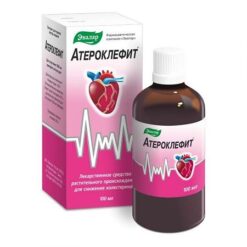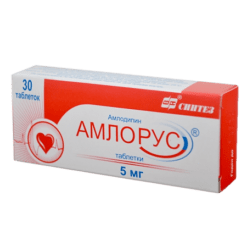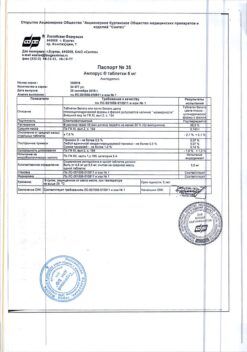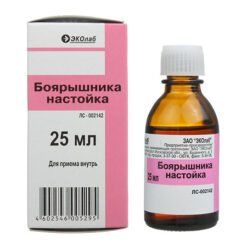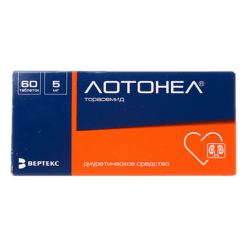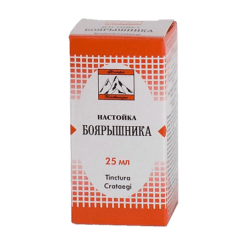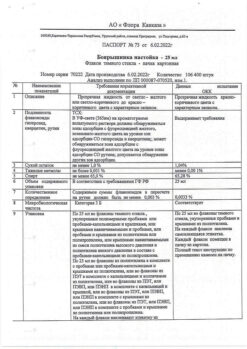No products in the cart.
Diuver, tablets 5 mg 60 pcs
€22.41 €18.67
Out of stock
(E-mail when Stock is available)
Description
Pharmacodynamics
It reduces or completely inhibits sodium ion reabsorption and reduces intracellular fluid osmotic pressure and water reabsorption. Blocks aldosterone receptors in the myocardium, reduces fibrosis and improves diastolic function of the myocardium.
Pharmacokinetics
Intake
After oral administration, thoracemide is rapidly and almost completely absorbed from the GI tract. Cmax of thoracemide in plasma is reached 1-2 hours after oral administration after a meal. Bioavailability is about 80% with slight individual variations.
Distribution
Binding to plasma proteins is more than 99%. The apparent Vd is 16 liters.
Metabolism and excretion
Metabolized in the liver with the participation of cytochrome P450 system isoenzymes. As a result of sequential reactions of oxidation, hydroxylation or ring hydroxylation 3 metabolites are formed (M1, M3 and M5), whose binding to plasma proteins is 86%, 95% and 97% respectively. T1/2 of torasemide and its metabolites in healthy volunteers is 3-4 hours. Total clearance is 40 ml/min, renal clearance is 10 ml/min.
Pharmacokinetics in special clinical cases
The T1/2 of torasemide does not change in renal failure, the T1/2 of M3 and M5 metabolites is increased. Torasemide and its metabolites are slightly excreted by hemodialysis and hemofiltration.
In case of hepatic insufficiency, plasma concentrations of thoracemide are increased due to decreased metabolism of the drug in the liver. In patients with cardiac or hepatic insufficiency T1/2 of thorasemide and M5 metabolite is slightly increased, cumulation of the drug is unlikely.
Indications
Indications
Active ingredient
Active ingredient
Composition
Composition
1 tablet contains:
tarasemide 5 mg.
Auxiliary substances:
lactose monohydrate,
corn starch,
sodium starch glycolate,
anhydrous colloidal silica,
magnesium stearate.
How to take, the dosage
How to take, the dosage
Interaction
Interaction
In concomitant administration with mineral and glucocorticoids, laxatives may increase potassium excretion;
It enhances the effects of hypotensive drugs;
Thorasemide, especially in high doses, may enhance the nephro- and ototoxic effects of antibiotics of the aminoglycoside group. toxicity of cisplatin drugs, nephrotoxic effects of cephalosporins and cardio- and neurotoxic effects of lithium drugs;
Torasemide may increase the effects of curare-containing muscle relaxants and theophylline;
The toxic effects of salicylates may be increased when using high doses;
Torasemide may decrease the effectiveness of hypoglycemic (antidiabetic) agents;
The sequential or simultaneous use of torasemide with angiotensin-converting enzyme inhibitors (ACE) may lead to a transient drop in BP. This can be avoided by reducing the starting dose of the ACE inhibitor or by reducing the dose of thorasemide (or temporarily withdrawing it);
The nonsteroidal anti-inflammatory drugs and probenicid may decrease the diuretic and hypotensive effects of thorasemide.
Colestyramine may decrease gastrointestinal absorption of thoracemide (according to preclinical studies in animals).
Special Instructions
Special Instructions
During long-term treatment with Diuvera it is recommended to monitor electrolyte balance, glucose, uric acid, creatinine and blood lipids.
Prior to prescribing Diuvera, the water-electrolyte balance should be corrected.
With caution, take if you have gout or are prone to elevated uric acid levels.
In the presence of type 1 or 2 diabetes, blood glucose levels should be monitored.
Impact on the ability to drive and operate dangerous machinery
Patients should refrain from driving and engaging in activities that require concentration during treatment with Diuver.
Contraindications
Contraindications
With caution: In predisposition to hyperuricemia, gout, in latent and severe diabetes mellitus.
Side effects
Side effects
Blood disorders: in some cases, changes in the blood picture may be noted: decrease in the number of red blood cells, leukopenia, thrombocytopenia.
Cardiovascular system disorders: in some cases, due to blood clotting, circulatory disorders and thromboembolism, decreased blood pressure may occur.
Gastrointestinal tract disorders: various digestive tract dysfunction, loss of appetite, dry mouth; rarely – pancreatitis.
Renal and urinary tract disorders: in patients with urinary tract obstruction may cause urinary retention; sometimes – increase in urea and creatinine levels.
Central nervous system disorders: headache, dizziness, weakness, drowsiness, confusion, convulsions, and paresthesias of the extremities.
Liver disorders: increased activity of “liver” enzymes may be observed.
Changes of laboratory parameters: hypovolemia, disorders of fluid and electrolyte balance, hypokalemia, increased level of uric acid in serum, hyperglycemia and hyperlipidemia.
Allergic reactions: skin itching, rashes and photosensitization.
Sensory organs: visual disturbances, tinnitus, deafness.
Overdose
Overdose
Symptoms: excessive increased diuresis accompanied by a decrease in the BOD and electrolyte balance of the blood, followed by a pronounced decrease in BP, drowsiness, confusion, collapse; gastrointestinal disorders are possible.
Treatment: there is no specific antidote. Vomiting should be induced, gastric lavage should be performed, and activated charcoal should be prescribed. Dose reduction or discontinuation of the drug and simultaneous replacement of the blood circulation volume and parameters of water-electrolyte balance and acid-base balance under control of serum concentrations of electrolytes, hematocrit, symptomatic treatment. Hemodialysis is ineffective.
Pregnancy use
Pregnancy use
Similarities
Similarities
Additional information
| Shelf life | 3 years |
|---|---|
| Conditions of storage | At a temperature not exceeding 30 °C |
| Manufacturer | Teva LLC, Russia |
| Medication form | pills |
| Brand | Teva LLC |
Related products
Buy Diuver, tablets 5 mg 60 pcs with delivery to USA, UK, Europe and over 120 other countries.

